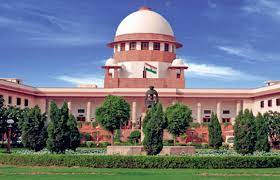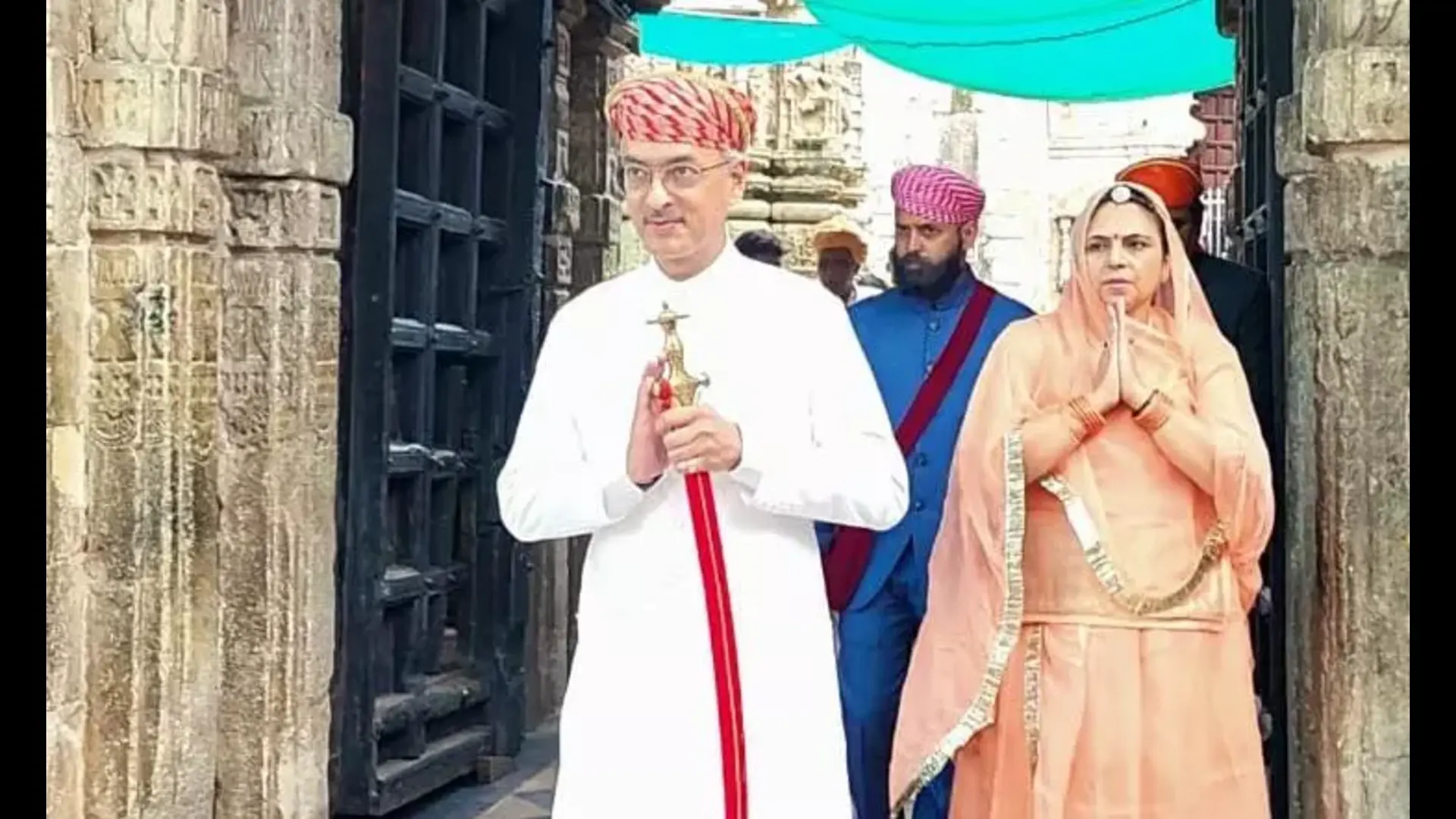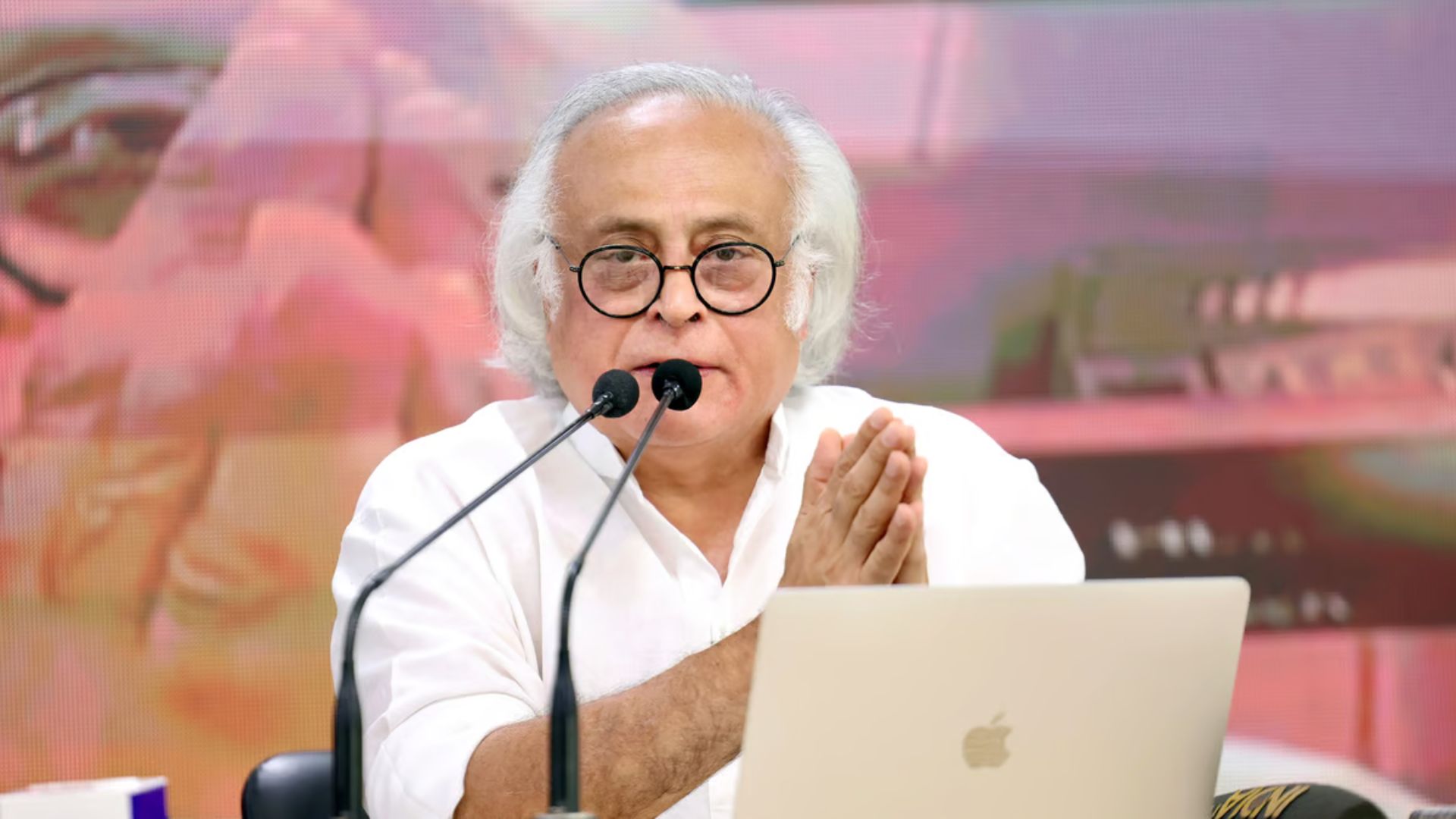
The Supreme Court in the case Orissa Administrative Tribunal Bar Association v. UoI And Ors observed and has upheld the notification which is being issued by the Central Government in 2019 for abolishing the Odisha Administrative Tribunal.
The bench headed by Chief Justice of India DY Chandrachud and Justice Hima Kohli in the case observed and the court dismissed the petition filed by the Odisha Administrative Tribunal Bar Association, wherein challenging the decision of Orissa High Court’s decision which upheld the abolition of OAT.
The Court Observations:
The bench headed by Chief Justice of India DY Chandrachud reading out the operative portion of the judgment. Thus, it has been held in the judgement that Article 323A of the Constitution of India does not preclude the Union Government form abolishing a State Administrative Tribunal, because it being only an enabling power enabling the Union Government for establishing an administrative tribunal at its discretion on a request from the State Government.
It has also been included that the power to establish Administrative Tribunal to abolish the Tribunal. Further, the Union Government did not become a functus officio after establishing the OAT. The Article 323A, which being an enabling power, wherein cannot be construed as a mandatory provision.
The bench observed that the notification was being abolished by OAT on 02.08.2019 which is not being violative of Article 14 of the Constitution of India. It has also been observed by the court that the State Government did not rely on any irrelevant or any extraneous factors while requesting the Centre to abolish the Tribunal.
However, the court observed that the decision to abolish the Tribunal is not absurd or so unreasonable that no reasonable person could have taken it.
Therefore, the principles of natural justice not being violated as the class of persons who were being affected by the decision to abolish the OAT and are not entitled to be heard. Thus, the decision taken by the court is an exercise of administrative power and not a quasi-judicial power.
The court stated that the notification dated 02.8.2019 being valid though the same is not expressed in the name of the President of India, because of the non-compliance with Article 77 of the Constitution of India does not invalidate a notification.
The court also held that the abolition of OAT is not being violative of the fundamental right to access the justice because of the Orissa High Court wherein the cases which are being pending before the OAT.
However, the failure of Union Government to carry out judicial impact assessment before the abolition of OAT does not vitiate the decision taken by the court, because of the direction in the judgement of Rojer Mathew was of a general nature and it did not prohibit the abolition of specific tribunals such as the OAT in the absence of judicial impact assessment.
It has also been observed by the court that the Ministry of Law and Justice to conduct a judicial impact assessment as directed in the judgement of Rojer Mathew.
Accordingly, the bench reserved the judgement in the case on 21.09.2022.















